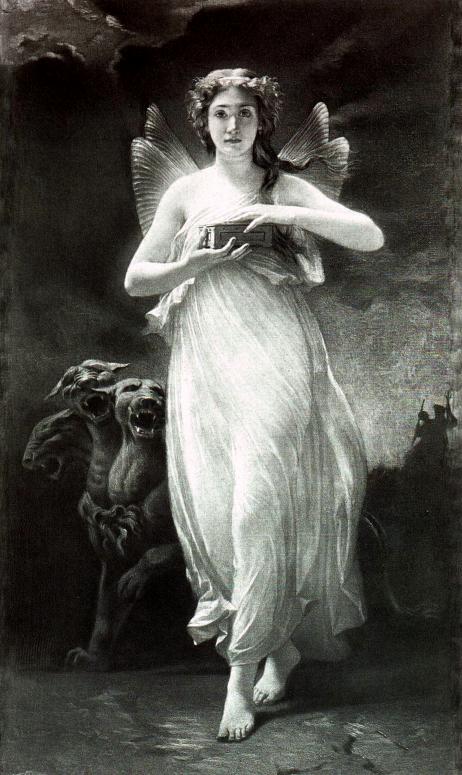The Leaving of Ballinlough
Part I, The Flynns of the Sil Maelruain is here.We know from his gravestone in Washington, NJ, that TOF's ancestor Martin Flynn was "born in Loughrea in the County Galway." When years ago TOF wrote a letter to the Connaught Tribune asking after these Flynns of Loughrea, he received letters from Ireland, England, Australia, Canada, all from Flynns with roots in Loughrea. One correspondent, Fr. Jarlath Flynn, told TOF that the Flynns of Loughrea had come originally from Co. Roscommon. (Another sent me an article from the Connaught Tribune about the history of the Flynns of Ballinlough.) Hence, much of the previous episode in this saga.
Meanwhile, a Flynn in Ballinlough passed on a story told by her father. John Flynn, that after the Cromwell War, one widow Flynn, rather than pay rent to the new English landlord, took her family to live with her relatives in Loughrea. The article in the Tribune had mentioned that intermarriage with the Burkes was evidenced by the name Fiachra, a traditional Flynn name, showing up in Burke families. Since Loughrea was the seat of the Burkes, it seemed at least plausible that the widow was a Burke.




